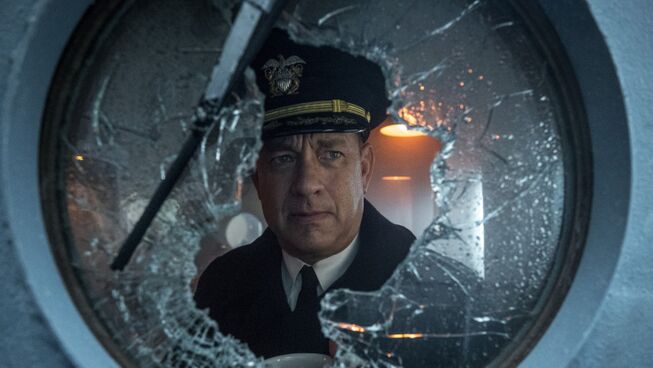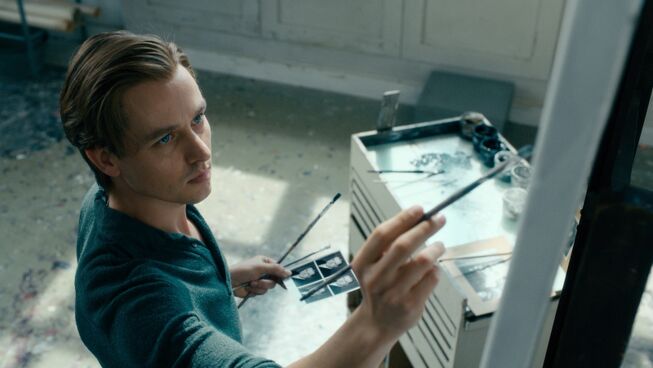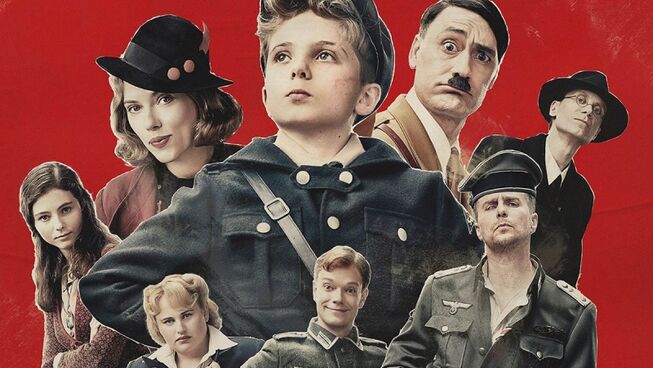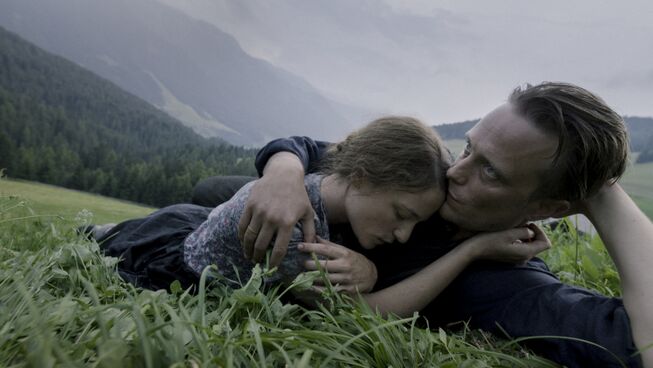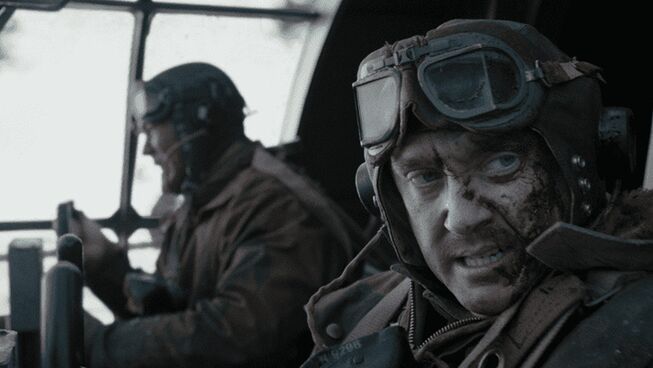
3 out of 5 stars
When it comes to World War II, we tend to get drawn into the stories that centre on some of the more significant battles that turned the tide. While most of the celebrated films tend to be those that contain a personal story at their heart. The Forgotten Battle does involve the eventual liberation of Holland from its Nazi captors. Still, the value of the Dutch production is found in the intersecting tales of a Dutch-born Axis soldier, a rebellious British pilot and a woman who eventually becomes part of the Dutch resistance.
During the liberation of Europe, the westernmost portion of the Netherlands called Zeeland became a strategic port for the Allied forces. The Germans knew and had set up a stronghold to hold their position against the invading troops. For this small Dutch community to come out from under their Nazi oppressors, an intricate number of events would need to occur before the Allies could consider entering the port city. One was getting English forces behind enemy lines with the Glider Pilot Regiment, striving to land in the marshes and hoping to attack the enemy from the rear. Yet, things do not go to plan and Sergeant Will Sinclair (Jamie Flatters) must do all he can to get his men to safety.
While within the township, Teuntje Visser (Susan Radder) works in the government offices and is put into a difficult situation to access information that will help with the invasion. While doing all she can to get her brother released from the Nazis, since he has been suspected of being part of the resistance. This is hampered by the watchful, but sympathetic eyes and ears of Marinus van Staveren (Gijs Blom). This young soldier must decide between his loyalties to the Nazi commander and the nation he truly loves. Stories that all intersect as the tensions run high as the Allied forces converge on the German stronghold. Even though none of these individuals knew one another at the outset, their actions could lead to the eventual downfall of Hitler’s war machine.
What differentiates this production from many of the works involving World War II that have come before is that they utilise the languages of each character. The Dutch/English project tells the true-to-life events through different points of view, but it has the actors retain their national heritage. This does mean that subtitles are essential for those who may not be multilingual. Still, this aspect adds to the viewing experience as opposed to distracting from the screenplay. Tapping into the cultural interchange forces the viewer to be immersed in this event with surprising authenticity.
This multilingual element is a strength for this creative filmmaking, leading to some of the weaker features. With the three different protagonists converging on one event, things do get a bit jumbled after a while. Each of the characters offers something compelling to the story and these young actors follow through on their roles. Unfortunately, being a feature-length film instead of a series, the greatest sacrifice seems to be character development. They are compelling figures to watch, but this makes it difficult to fully invest in these individuals with these time limitations. Yet, this does not detract from the overall experience, giving life to a potentially forgotten piece of history. A film designed for the culturally adventurous and those who enjoy every detail of World War II.
Reel Dialogue: Does my contribution matter in the grand scheme of things?
The Forgotten Battle deftly shows how every aspect of any given situation has value. Each person has their part to play, from the person pushing papers in the local government office to those who lead the charge in a battle. It can be in life and death situations or merely in the normality of life. This may help some realise that despite the menial aspect of their work or lives, we all have a part to play in what we do.
“The kingdom of heaven is like a mustard seed, which a man took and planted in his field. Though it is the smallest of all seeds, yet when it grows, it is the largest of garden plants and becomes a tree, so that the birds come and perch in its branches.” Matthew 13:31-32
Multiple examples in the Bible point to how the insignificant or marginalised people in life can have some of the greatest impacts on the world. Yet, the parable of the mustard seed expresses this notion beautifully. How something so small and insignificant could grow to offer shelter for earth’s creatures. The same could be said about each of us. Regardless of how you may think of yourself, God does have a bigger plan for you and how you fit into this world.
If you would like to consider more, schedule a chat with one of our Third Space team members today.

